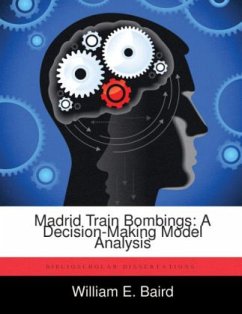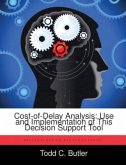The events of 11 September 2001 brought the threat of terrorism into American public focus and gave politicians political capital to pursue terrorism with all elements of national power. Since then the United States has fought an unconventional war against an adaptive and violent enemy. However, extremist organizations still exist with the means and will to do harm to America and its allies. This thesis analyzed a terrorist case study using two decision-making models in an effort to more accurately explain government strategic reactions in the wake of a terrorist attack. A validated decision-making model would provide detailed understanding of national strategic reactions. It would also provide critical knowledge to more efficiently focus instruments of national power to marginalize terrorism and stabilize the international community. This case study documented the Madrid train bombing attacks of 11 March 2004, specifically because of the strategic consequences of Spain's reactions. The attack in Madrid influenced national elections, changed Spain's diplomatic focus away from the United States and resulted in the withdrawal of Spanish troops from the Iraq war. The case study was analyzed using both the Rational Choice Model and the Bureaucratic Politics Model. Results of analysis indicated that the Bureaucratic Politics model more accurately explained Spain's strategic reactions. The real value, however, was the depth of study required for the analysis. It provided important insight that framed strategic problems associated with Spain's reactions.








